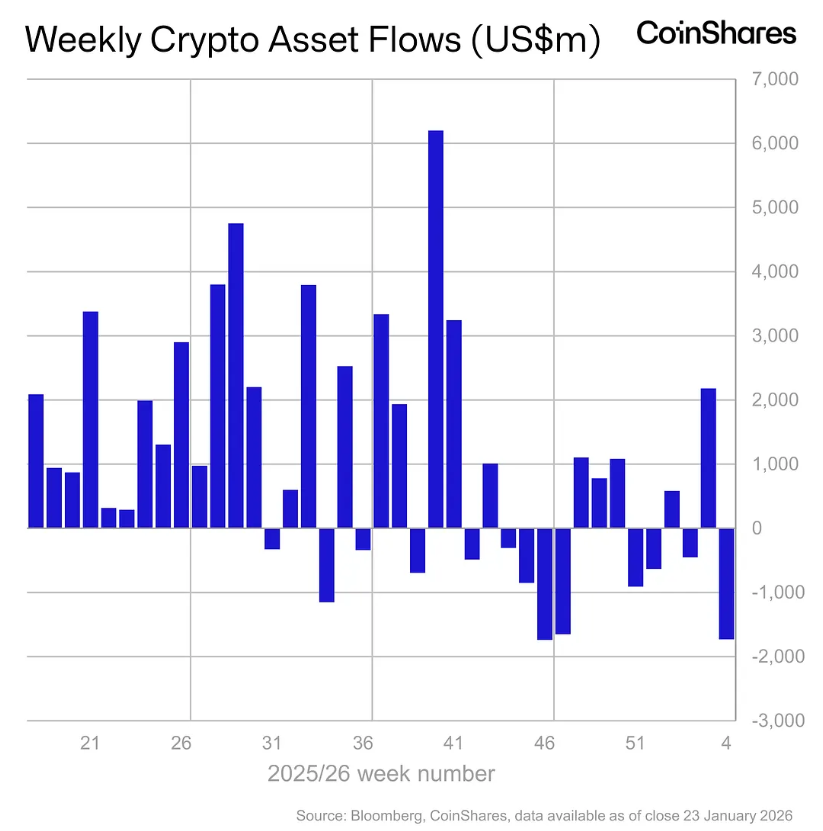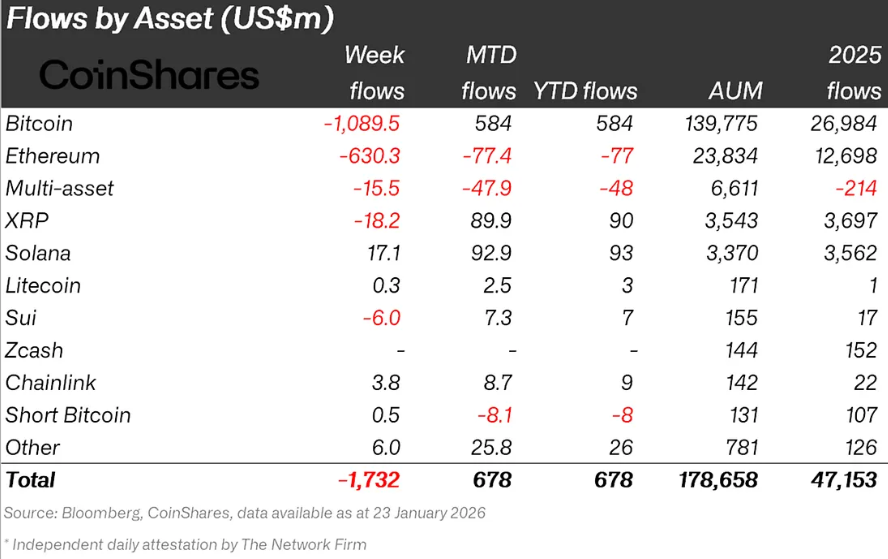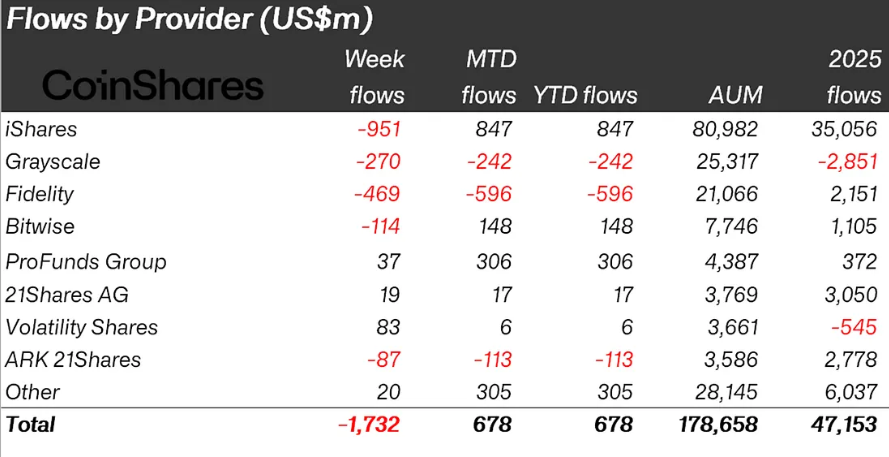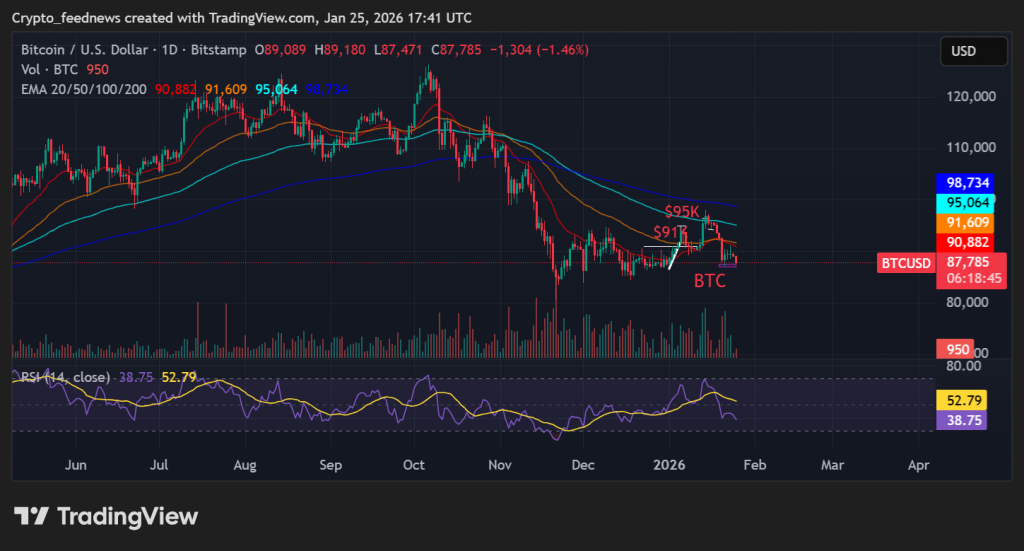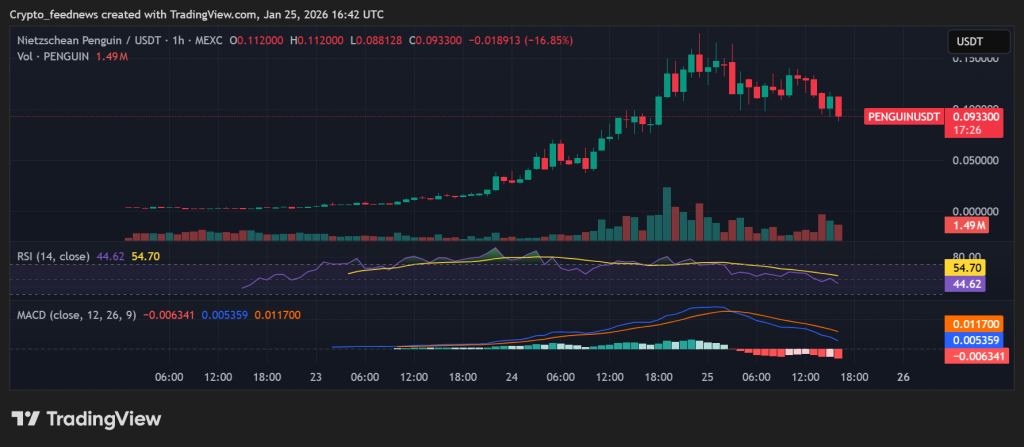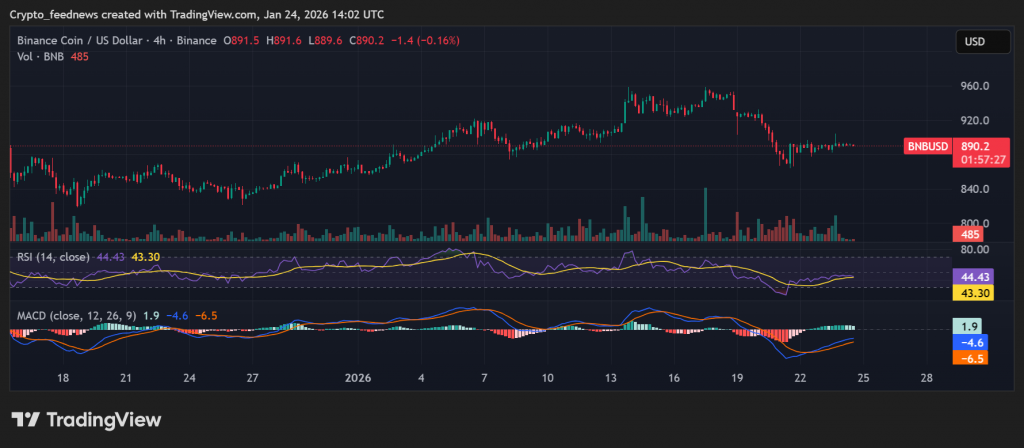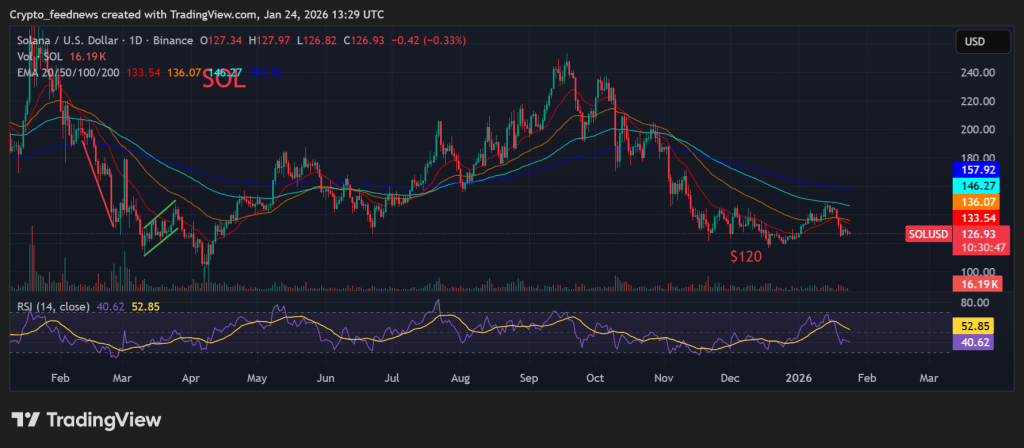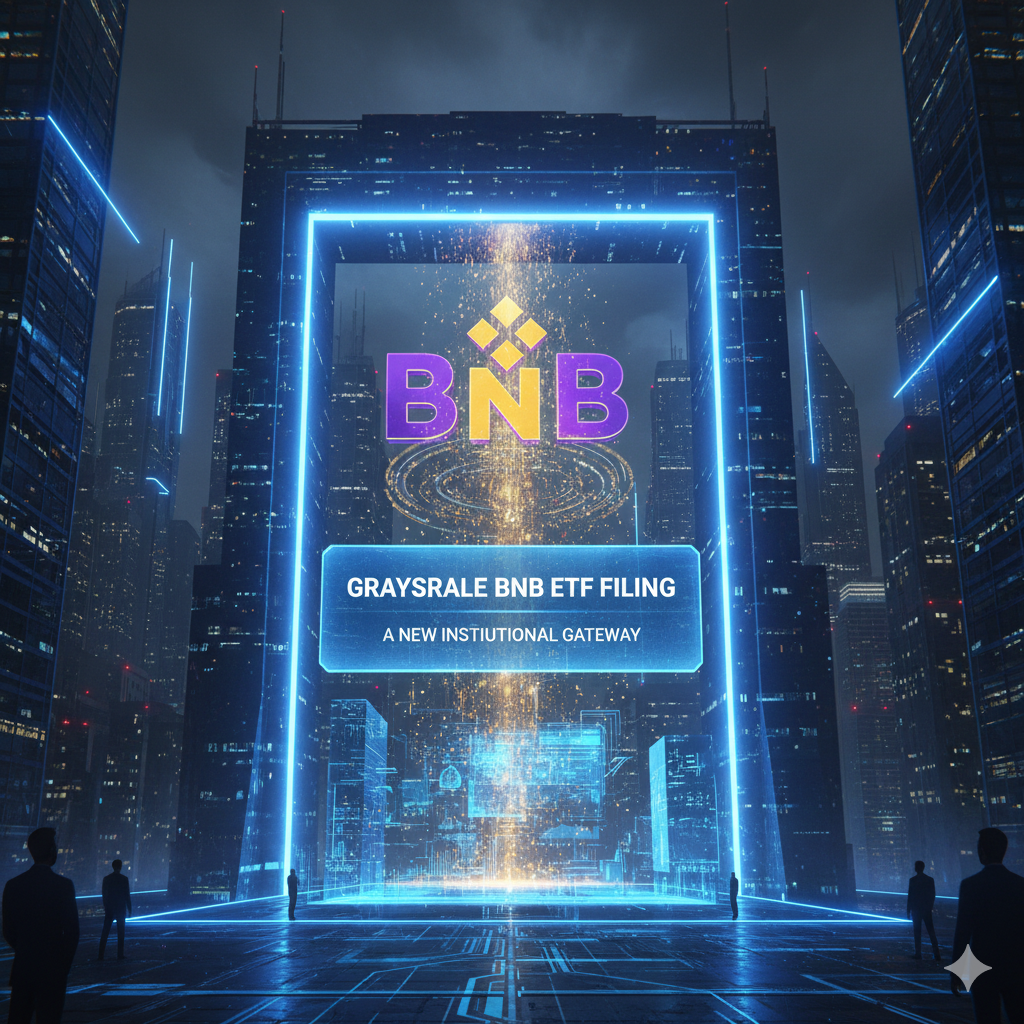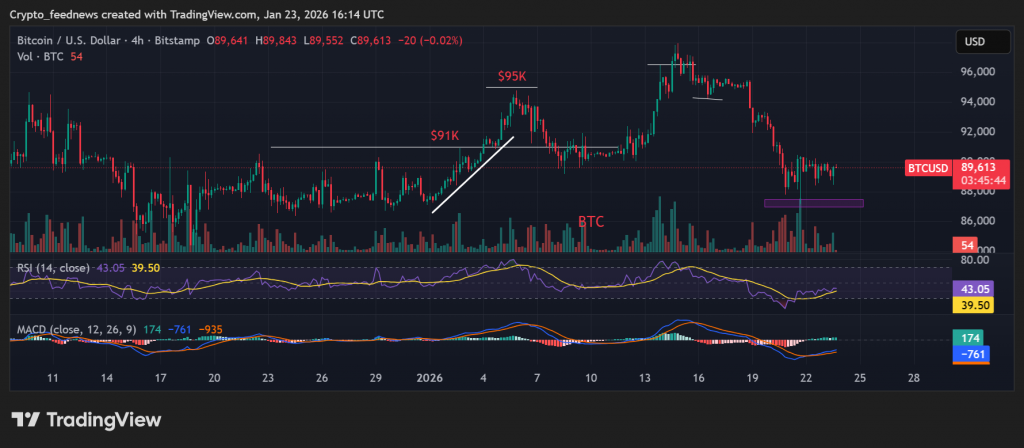Traders are watching Tokyo and Washington with heightened alert. Growing whispers of a Japanese Yen Intervention Bitcoin are flashing a major signal for Bitcoin. Historical fractals reveal a striking pattern: when Japan acts to defend its currency, BTC has historically plummeted around 30%—only to stage explosive recoveries exceeding 100%. With the New York Fed conducting “rate checks,” a potential replay may be imminent.
The Critical Yen Intervention Bitcoin Fractal
A yen intervention occurs when Japanese authorities buy their own currency to curb rapid depreciation. This disrupts the famous “yen carry trade,” where investors borrow cheap JPY to fund risky bets globally—including in crypto. The unwinding of these trades triggers sharp liquidity pullbacks.
This scenario played out twice before. Each time, Bitcoin shed roughly 30% from its local top before forming a durable bottom. Analyst Mikybull Crypto notes, “The same scenario is about to occur now.” If the pattern holds, BTC could retreat toward the $65,000–$70,000 range before its next major ascent.
On-Chain Data Confirms a Bottom Isn’t In
Critical metrics align with this warning. Bitcoin’s Net Unrealized Profit/Loss (NUPL) remains positive, meaning the average holder is still in profit. Historically, true market bottoms form only when NUPL turns negative, indicating full capitulation.
Furthermore, the supply in profit (62%) is at its lowest since September 2024, and the delta growth rate has turned negative. This signals price is nearing the network’s aggregate cost basis, moving from speculation to accumulation. In short, the data suggests more pain is likely before a generational buying opportunity emerges.
My Thoughts
This is a powerful macro overlay that few retail traders are watching. A coordinated JPY intervention would trigger a violent, cross-asset liquidity scramble. While terrifying in the moment, the historical rebound potential is enormous. This isn’t a call to panic sell, but a strategic alert to prepare liquidity. The ensuing recovery has been viciously profitable. Watch the USD/JPY pair; official action there could be the starter pistol for crypto’s next big volatility surge.



